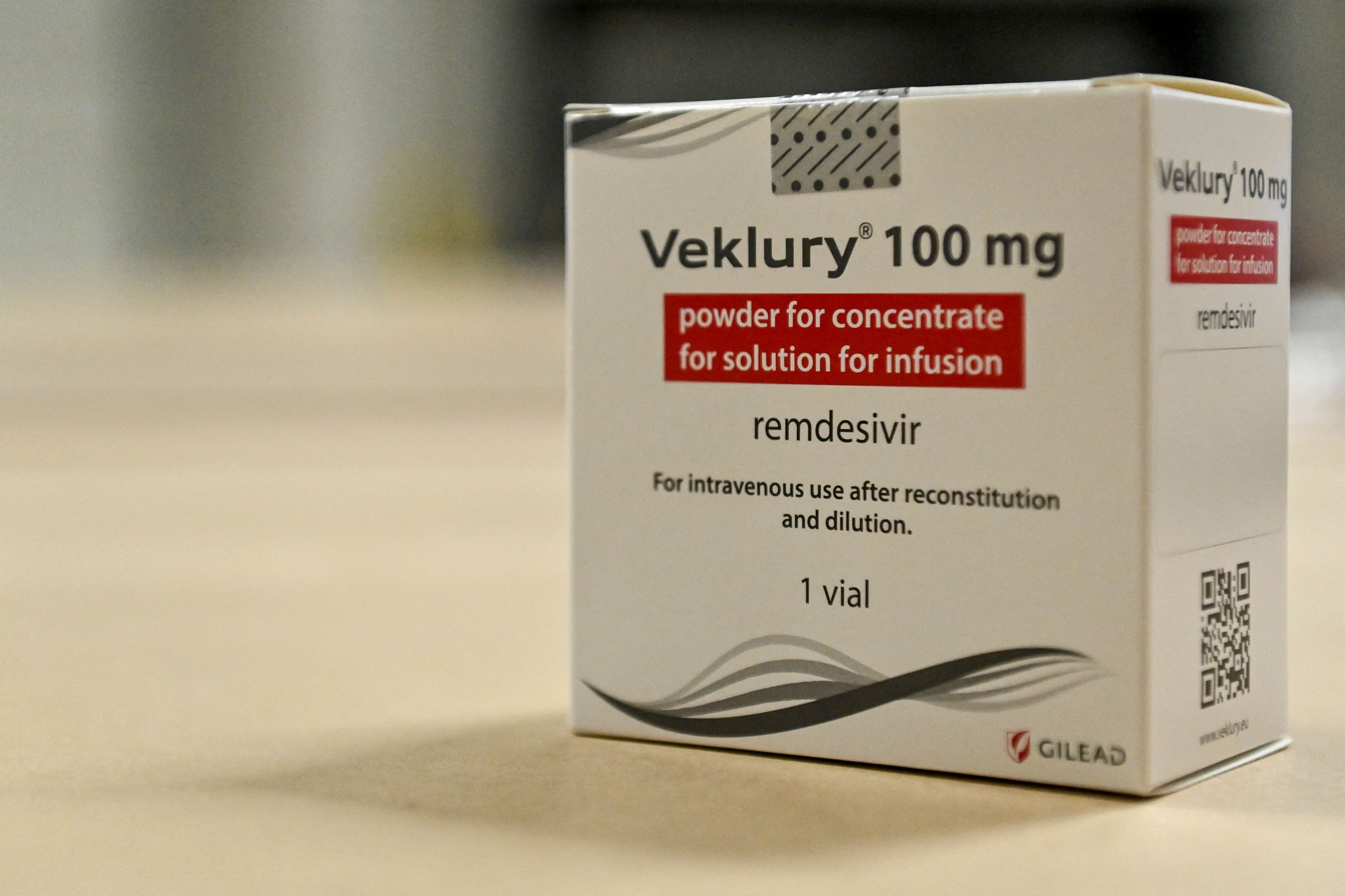With COVID-19 cases creeping up again in the U.S., Gilead Sciences, Inc. has decided to voluntarily recall its antiviral drug Veklury, more commonly known as remdesivir. This move comes in collaboration with the U.S. Food & Drug Administration (FDA) after glass particles were found in some vials.
The recalled lot, numbered 47035CFA, was widely distributed starting July 16, 2024. This action aligns with recent data from the Centers for Disease Control and Prevention (CDC), which indicates rising levels of COVID-19 viral activity in wastewater, even though there’s been a slight decline in overall positive cases.

As of September 13, the CDC noted that while the overall viral activity level dropped from “very high” to “high,” a substantial number of states—21 in total—still report “very high” levels, especially in the Western U.S. Meanwhile, 16 states are marked as “high,” eight are “moderate,” and a couple, Michigan and Rhode Island, show “low” levels. New York has the lowest classification, deemed “minimal.”
The timing of this recall is crucial, given the rise in new COVID-19 subvariants, despite a slight decrease in test positivity rates, currently at 14.9% (down 1.6% from the previous week). Health officials remain on alert as these variants circulate.
Gilead’s warning notes that administering Veklury with glass particles could lead to issues ranging from minor irritation to serious health risks if those particles enter the bloodstream and block vital organs.
Veklury has been a critical treatment option since its FDA approval in October 2020 and is used in both hospitalized patients and those with mild-to-moderate COVID-19 who are at a heightened risk for severe disease.
This recall specifically affects the lyophilized version of Veklury in single-dose clear glass vials containing 100 mg of the medication in powder form. To date, Gilead has not reported any adverse events linked to this recall, but they are taking steps to ensure patient safety.
Amid this, the U.S. is tracking new COVID-19 subvariants known as FLiRT. As of late August, the variant KP.3.1.1 dominated, comprising more than half of recent COVID-19 cases, while FLiRT variants collectively represented over 80%. Though more infectious, these variants tend to cause milder symptoms, but the CDC remains vigilant for signs like fever, cough, breathlessness, fatigue, and loss of taste or smell.
Healthcare facilities that have the recalled Veklury are instructed to stop using it immediately and return the products. Gilead has set up a dedicated helpline at 1-866-633-4474 for additional information regarding the recall.
If you have concerns about COVID-19 treatment, it’s best to reach out to your healthcare provider. Adverse reactions can also be reported through the FDA’s MedWatch Adverse Event Reporting program.
